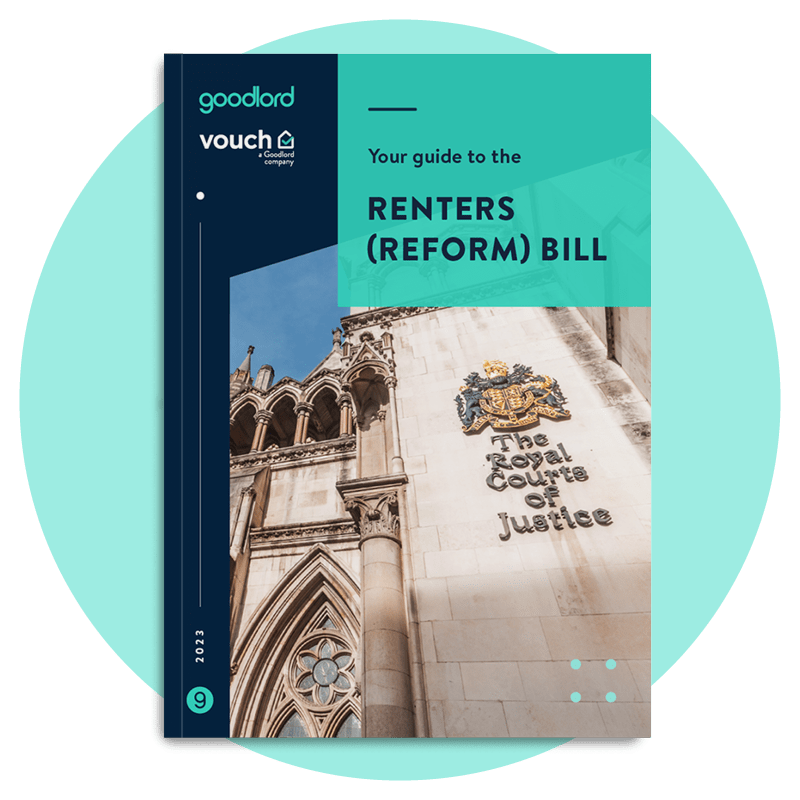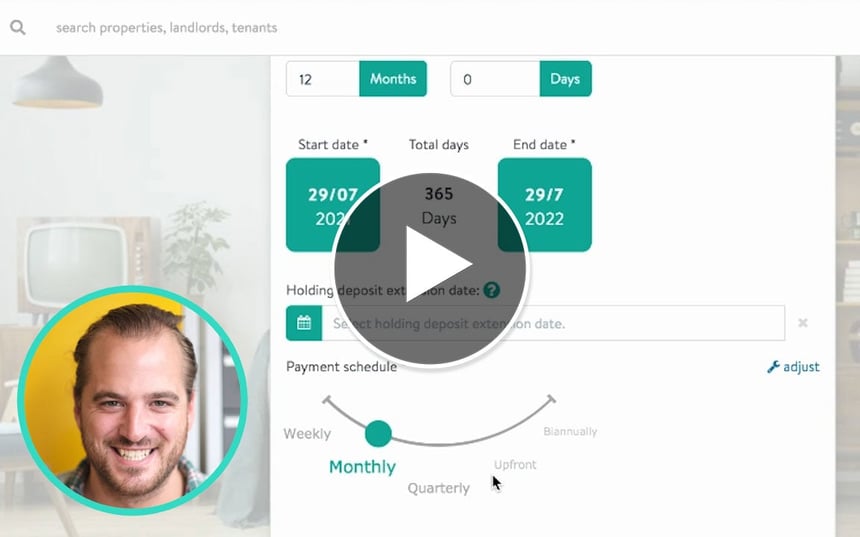What's happening with EPC ratings and Minimum Energy Efficiency Standards?
The government previously announced plans to increase Minimum Energy Efficiency Standards (MeeS) in the private rented sector - so where are we at so far?
Updated: 25 September 2023
From rumours that the government was reconsidering its planned timelines for upgrading EPC ratings in private rented properties, Rishi Sunak has now shared that plans to force landlords to "make expensive upgrades in just two years’ time" will now be "scrapped".
What were the proposed changes to Minimum Energy Efficiency Standards?
Back in 2020, the government announced plans to increase Minimum Energy Efficiency Standards (MeeS) for the Private Rented Sector.
The original proposals outlined that private rented properties would need to have an EPC rating of C or more by 2025 on new tenancies, and 2028 for existing tenancies. However, this may now be delayed.
Will the increased standards be introduced?
Rumours in recent months suggested that the new requirements would be delayed - and now, in a speech delivered by Prime Minister Rishi Sunak, the government has shared it aims to scrap its plans for private rental properties to upgrade to an EPC C.
We may still see a response to the 2020 Energy Performance consultation, which will outline further details around the requirements. Energy minister Andrew Bowie recently shared that the first update this year will simply be a summary of responses.
The government has also previously shared that the system of energy performance certificates needs "fundamental reform". The industry will have to wait to see if this will still be the case now the government has changed its direction on its energy efficiency drive.
Are landlords already improving their properties' Minimum Energy Efficiency Standards?
Recent data shows that the energy efficiency of properties available on the rental market is slowly improving, with a 16% increase on the number of properties with an EPC C rating or above since January 2019.
At the same time, the number of rental properties with EPC ratings D to G dipped by 11%. This shows that landlords are either making the necessary upgrades - or being more selective in where they're investing their money.
Sixty-one percent of landlords also now say that they wouldn't invest in a property with a rating below a C. This demonstrates a shift in prioritisation and an understanding of tenant appetite for this rating.
However, there's still work to do, as Savills research has estimated that more than half of the homes in the private rented sector will need to be upgraded.
Could the existing minimum standards be included in the Decent Homes Standard?
The proposals for applying the Decent Homes Standard to the private rented sector were outlined in the A Decent Homes Standard in the private rented sector consultation.
The standard is expected to come into play alongside the Renters (Reform) Bill. The consultation proposals state that homes must provide "a reasonable degree of thermal comfort" under criterion D.
The House of Commons Committee report on Reforming the Private Rented Sector has recommended that "the MEES be incorporated into criterion D" of the Decent Homes Standard. It shares that it would be "an easy, if modest, simplification of an overly complicated regulatory regime".
This article is intended as a guide only and does not constitute legal advice. For more information, visit gov.uk.










